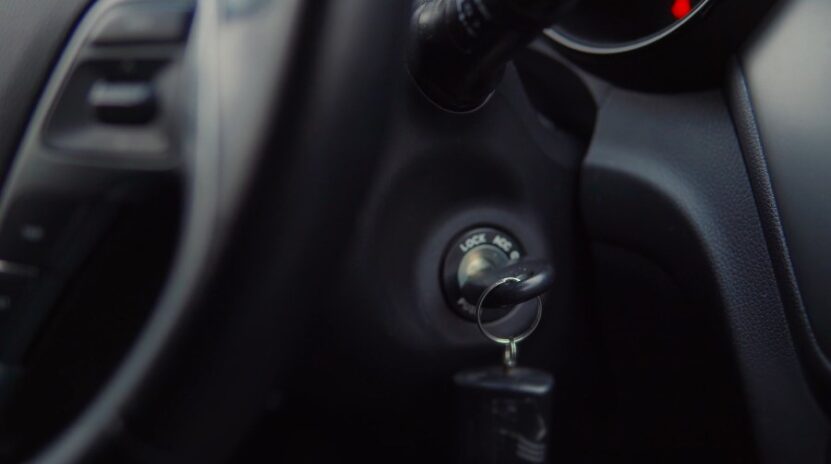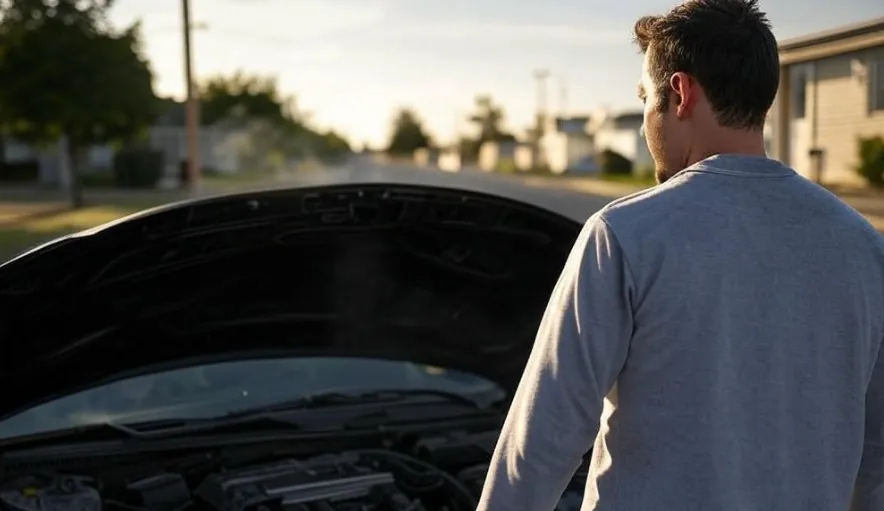
Share Post:
It’s tempting to pop open a search engine whenever a weird clank, rattle, or squeal rattles the nerves. Those first signs of trouble can make any driver anxious, and it’s easy to think blog posts and forums hold magical answers.
Some articles look legit, many provide quick DIY tips, and a few need to be checked with Zero GPT, because you’re just not sure if it was written by an AI model or an actual person. Yes, that’s how bad it can get.
However, the difference between random advice on the internet and professional care from an experienced mechanic can be night and day. That’s what we’ll talk about today: shedding light on why an in-person pro beats an online “fix-it-fast” post almost every time. Let’s get started.
Table of Contents
ToggleUnreliable Online Info

Plenty of blogs, forums, and Q&A sites promise quick fixes. Problems arise when those sources are written by folks with zero hands-on experience.
That content might be crafted by freelance writers who churn out articles on everything from face cream to spark plug gaps—all in the same day.
They’re talented at stringing words together, but many have never held a wrench, let alone diagnosed an engine misfire.
A few reasons online car advice can get downright sketchy:
- Incomplete Explanations: One symptom can have half a dozen causes. A blog might zero in on the simplest scenario, ignoring all the other angles.
- No Live Inspection: Vehicle issues often require a look under the hood, a ride around the block, or a data readout from diagnostic equipment.
- Misleading Assumptions: Internet articles can assume any squeak means the same thing, no matter the make or model of the car.
- No Accountability: If random suggestions cause bigger headaches or endanger lives, who will step up? The writer is usually anonymous.
The Value of Hands-On Experience
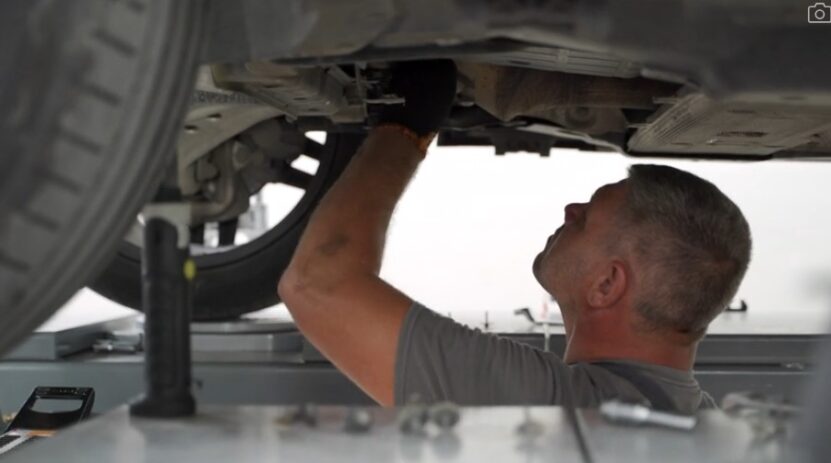
Picture a surgeon who’s spent years in medical school and performed hundreds of procedures. Now imagine comparing that expertise to a medical advice article you stumbled on in some far-flung corner of the web.
Most people wouldn’t risk a serious medical procedure based on a random blog. Cars deserve similar respect. They’re complex machines that weigh thousands of pounds and can reach incredible speeds. A mishandled brake issue or electrical short can lead to dangerous situations on the road.
Real Tools, Real Results
Professional mechanics rely on more than just a guess. Shops are equipped with specialized diagnostic gear—computers that interface with a vehicle’s onboard systems to pinpoint triggers, error codes, and performance data.
Even the sound of a particular clang or the pattern of a misfire can tell a skilled pro what’s going on.
In my shop, I might check:
- Onboard Diagnostics (OBD): Pull error codes to see if the engine, transmission, or emissions systems logged a specific fault.
- Fluid Analysis: Examine motor oil, coolant, or transmission fluid for contamination or color changes.
- Physical Inspection: Peek under the chassis, look for worn belts, cracked hoses, or corroded wires.
- Test Drive: Re-create that rattling, tapping, or squealing under real driving conditions.
Why Safety Matters So Much

One of the scariest things about trusting an online article is the risk factor. The smallest detail can separate an easy fix from a serious hazard on the road.
Imagine brake pads that squeak now and then. A quick search might say, “Spray some brake cleaner,” or “They’re fine as long as there’s no grinding.” But maybe the pads are worn thin, the rotors are warped, and brake fluid is leaking.
That scenario demands immediate professional care. Relying on a vague blog to calm fears could leave you with a dangerously compromised braking system.
Engines, steering, tires, and suspension all play massive roles in keeping you and fellow drivers safe. Skimping on proper diagnosis sets everyone up for potential trouble. A small noise can grow into major damage, often at the worst possible moment—like merging onto a busy highway.
The Research Backs It Up
Many industry reports and consumer studies have highlighted how inaccurate advice from untrained voices leads drivers astray. A few takeaways:
- Missed Warnings: Unqualified writers might overlook or minimize symptoms that signal looming catastrophes.
- Oversimplified Solutions: Blogs sometimes suggest that one quick fix solves everything. Vehicles have interlinked systems, so a chain reaction could be in play.
- False Confidence: Readers might skip a trip to the mechanic because a blog said it’s “just a harmless glitch.” That’s how folks end up stranded on the roadside, or worse.
In contrast, pro mechanics are trained, certified, and up to date on modern systems.
Finding a Mechanic You Can Trust
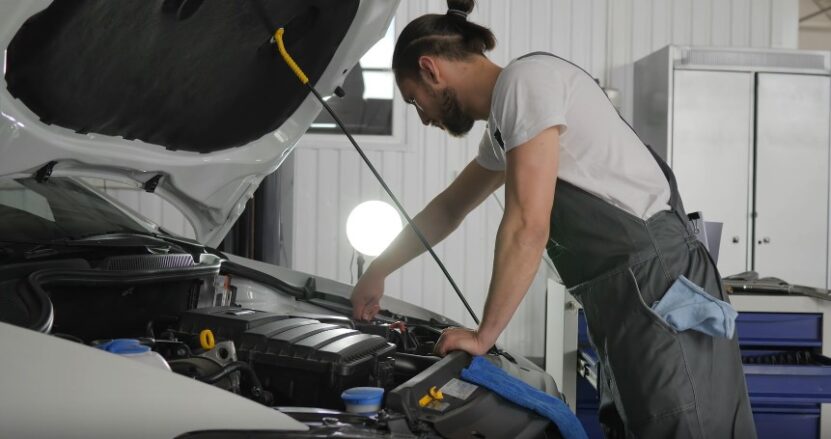
Not all mechanics are created equal—just like websites. Picking the right shop takes a little effort, but it pays off long-term. A few tips I often share:
1. Look for Certifications
ASE (National Institute for Automotive Service Excellence) is a big one. That badge says, “I passed standardized tests and know my stuff.”
2. Seek Personal Referrals
Ask neighbors, friends, or coworkers who they rely on. Word-of-mouth goes a long way in finding reliable pros.
3. Check Online Reviews
Sites like Consumer Reports or reputable review platforms can help gauge consistent customer satisfaction.
4. Ask Questions
A good mechanic will explain what needs fixing in plain language. Communication is key to building trust.
5. Request Estimates
A proper shop won’t mind sharing cost breakdowns or explaining how urgent certain repairs are compared to others.
Specialized Tools Also Matter
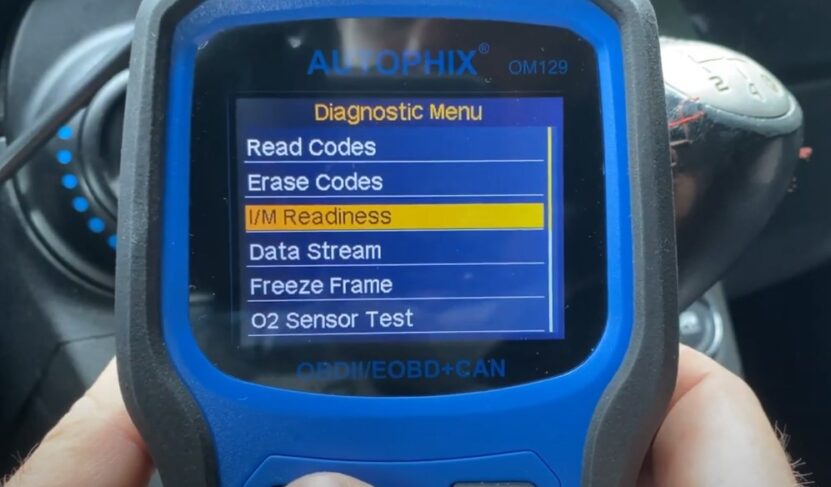
Modern vehicles are stuffed with sensors, control modules, and advanced electronics. That’s a blessing for precise data, but it also means an old-school “tap and listen” approach isn’t enough for certain malfunctions.
Professional shops invest in cutting-edge diagnostic scanners and specialized software to read real-time data. By looking at the exact code or reading abnormal sensor outputs, a mechanic can isolate the root cause. That beats a random guess from a forum any day.
Not Just About Repairs, But Prevention
A good mechanic won’t just fix a fault. There’s an added layer of preventative care—checking belts, hoses, fluid levels, or potential trouble spots.
Blogs usually won’t mention the underlying issues that might show up soon if they aren’t addressed. Automotive experts know that ignoring one glitch can cause a chain reaction, leading to a bigger bill and more stress down the line.
Money Matters…And So Does Peace of Mind
It’s fair to worry about repair costs. Few things are more frustrating than dropping a chunk of change on your ride. Online advice can sound tempting if it hints at a five-buck fix. Problem is, a cheap Band-Aid might lead to a thousand-buck headache later.
When a mechanic catches and fixes an issue properly, that repair typically comes with a warranty.
More importantly, it brings peace of mind. No fear of a shoddy part failing at 70 mph. No stress about ignoring deeper issues. Paying a little more upfront often means saving a ton in the long run.
A Quick Reality Check
Online “Fix”: Some unknown writer says, “Just reset the code by disconnecting the battery.”
- Possible Outcome: The check engine light goes away briefly, but a serious underlying issue remains. You risk your engine cutting out on a busy highway.
Professional Inspection: Mechanic scans the system, identifies a failing O2 sensor, notices a minor exhaust leak, and replaces the needed parts.
- Possible Outcome: Light stays off for the right reasons, fuel efficiency is improved, and no sudden breakdowns.
Embrace a Balanced Approach
Researching problems online isn’t always bad. There’s value in reading about symptoms, potential fixes, or other owners’ experiences—when the source is reliable.
It’s wise to get a little background information to have a more informed chat with your mechanic. The snag is stopping at that stage and never seeking professional help. A blog can’t replicate the skill and gear found in a real automotive shop.
Summary
Car troubles can be scary, especially if money is tight or free time is limited. But always remember: a trustworthy mechanic wants to keep you on the road with minimal hassle. The goal is to fix the issue right the first time, ensuring you can cruise with total confidence.
The internet has a place in the car repair world, sure, but it can’t replace the knowledge and skill of someone who spends every day diagnosing and fixing real-world problems.
Stay safe, keep those wheels rolling, and remember that your local mechanic is here to help, not just collect a paycheck.
Related Posts:






